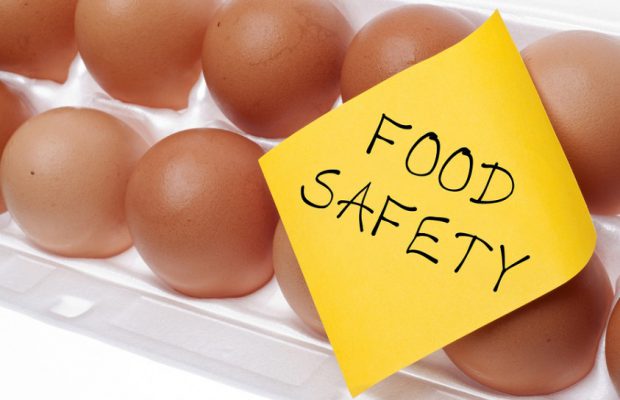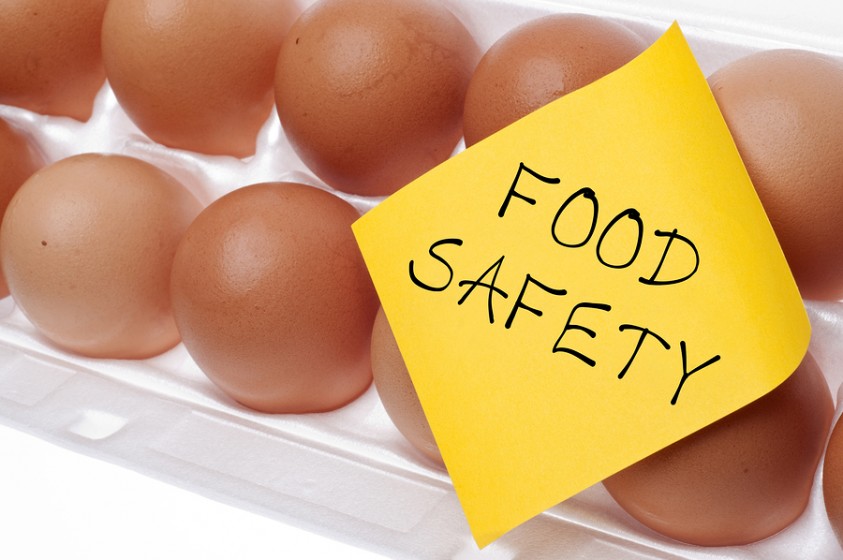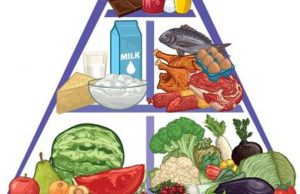Basic At-Home Food Safety Tips to Consider


Preparing your children’s lunch is typically a very straightforward affair. But to avoid food contamination, it is critical to observe important safety measures to ensure the health and well-being of your loved ones! Remember, safety begins at home. In today’s post, we are listing down practical ways to ensure food safety:
Keep Your Hands Clean
Did you know that dirty hands are the most common causes of cross contamination? To ensure proper food handling; make a habit of washing your hands before touching any food. You want to use an antibacterial soap and scrub the hands very well before rinsing with water. Wash your hands after touching raw foods, after going to the toilet and after touching the bin. You want to wash your hands if you touched your pet as well.
Keep Kitchen Utensils Clean
Keeping your kitchen utensils clean is also important to ensure proper food handling. Clean all kitchen utensils before and after use. Keep your worktops tidy and wash the chopping boards thoroughly. Do not forget to change the dishcloths, fridge towels or tea towels regularly.
Store Raw Foods Properly
Always store raw foods properly. Raw foods – such as meats, poultry, and fish – contain harmful bacteria that spread easily to the entire kitchen. If you touched or cooked raw foods, clean and disinfect the kitchen tops. Separate the storage space between raw foods and ready-to-eat food such as bread and fruits. Ready to eat foods do not require cooking so eating contaminated foods could cause sickness. Never leave raw meats lying around in the kitchen for long. Exposing the meat to the air could potentially spread bacteria to the kitchen tops and utensils.
Use Different Chopping Boards for Meats and Veggies
Do not use the same chopping board you used to cut raw meats to chop vegetables. You want to use different chopping boards between these food items to avoid cross-contamination. Our advice is to reserve a chopping board specifically for raw meats and another for fruits and vegetables.
Check the Label
Make a habit out of checking the label to know how to prepare certain foods properly. Check how a certain food is stored and mind the expiration date. Some types of foods go bad very quickly so proper storage is important to lengthen their shelf life. You can safely consume foods before their expiration date. The expiration date is more about the quality of the food, rather than the safety of eating it.
However, do not consume eggs after the best before date. Unlike other foods, stale eggs can turn into a breeding ground for salmonella bacteria.
Avoiding Certain Foods
Children are less tolerant to certain foods than adults. That’s why it is best to avoid foods that may contain germs – such as unpasteurized dairy products, raw honey, and fresh fruit juices. Always choose pasteurized dairy products to ensure safety. If you are making fresh fruit juices, make sure the fruits are rinsed under tap water thoroughly. Never feed the kids raw or undercooked legumes, lentils, or sprouts.





0 comments